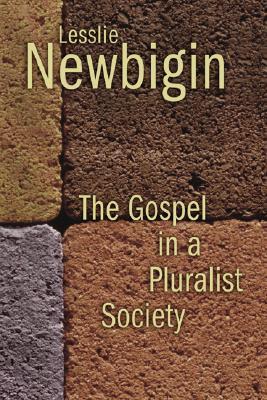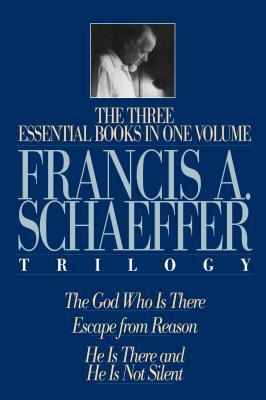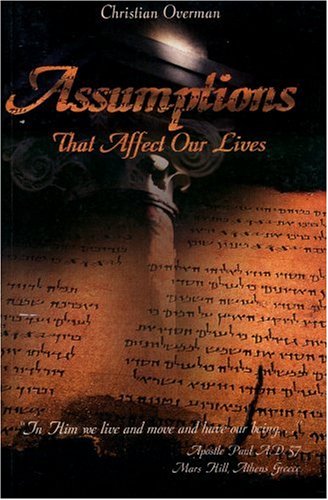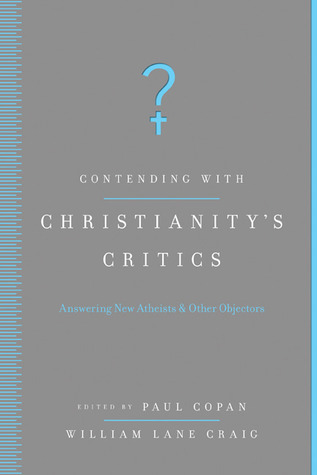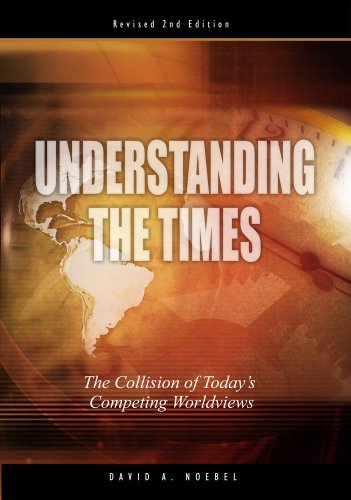
Understanding the Times: The Collision of Today's Competing Worldviews
Book Description
Clashing ideologies ignite a battleground for the future of humanity. In "Understanding the Times," David A. Noebel dissects the fierce collision of worldviews shaping our society—from secular humanism to the resurgence of faith-driven perspectives. Each chapter unfolds like a gripping narrative, exploring the forces at play in politics, culture, and philosophy, compelling readers to confront their own beliefs. As the stakes rise and truth blurs in a world fragmented by conflicting ideals, one question looms: which worldview will ultimately prevail, and what will it mean for the generations to come?
Quick Book Summary
"Understanding the Times" by David A. Noebel is a comprehensive exploration of the major worldviews competing for influence in contemporary society. Noebel examines how ideologies such as biblical Christianity, secular humanism, Marxism-Leninism, and postmodernism shape our beliefs, institutions, and policies. The book dissects their underlying philosophies, examines their historical roots, and analyzes their impact on key areas like politics, law, ethics, and education. Noebel encourages readers to discern the foundational truths behind each worldview, equipping them to navigate the cultural and ideological battles of today. He contends that the future depends on which worldview dominates, urging readers to thoughtfully engage with these forces to shape a society aligned with their values and convictions.
Summary of Key Ideas
Table of Contents
Identifying and Defining Competing Worldviews
Noebel opens by defining what worldviews are: comprehensive perspectives shaping how individuals and societies interpret reality. He identifies several dominant worldviews—biblical Christianity, secular humanism, Marxism-Leninism, and postmodernism—that largely determine the values and direction of present-day culture. The book stresses that understanding these frameworks is essential, as they serve as the lens through which history, science, morality, and existence itself are understood.
The Influence of Worldviews on Society and Culture
Diving deeper, Noebel explores how each worldview manifests in society's primary spheres: politics, law, ethics, and education. For example, he shows how secular humanism prioritizes individual autonomy, shaping legal systems and public policy, while Christianity upholds transcendent moral values. Marxism-Leninism emphasizes social and economic structures, often resulting in radical political change, whereas postmodernism challenges objective truth, preferring narratives and cultural constructs.
Analyzing Core Beliefs and Philosophical Foundations
A major focus is the philosophical cores differentiating these worldviews. Christianity asserts the existence of absolute truth and moral standards grounded in God, while secular humanism and Marxism-Leninism tend to reject transcendence, favoring rationalism and materialism. Postmodernism, meanwhile, questions the very existence of universal truths, promoting pluralism and skepticism of meta-narratives. Noebel argues that these foundational beliefs inevitably shape ethics, law, and social systems.
The Role of Education in Shaping Worldview
Education emerges as a battleground where worldviews collide most intensely. Noebel discusses how curriculum and pedagogy either reinforce or challenge guiding philosophies. He points out that secular and materialist paradigms dominate much of modern education, often marginalizing faith-based perspectives. This, he argues, has profound implications for the moral and intellectual development of future generations.
Engaging Critically with Competing Ideologies
In conclusion, Noebel contends that these worldview clashes will decisively influence humanity’s trajectory. He urges readers to engage critically and thoughtfully, seeking to understand rather than dismiss opposing perspectives. Ultimately, Noebel calls for a robust defense of the Christian worldview, emphasizing its potential to foster meaning, justice, and order in an increasingly fragmented world.
Download This Summary
Get a free PDF of this summary instantly — no email required.

